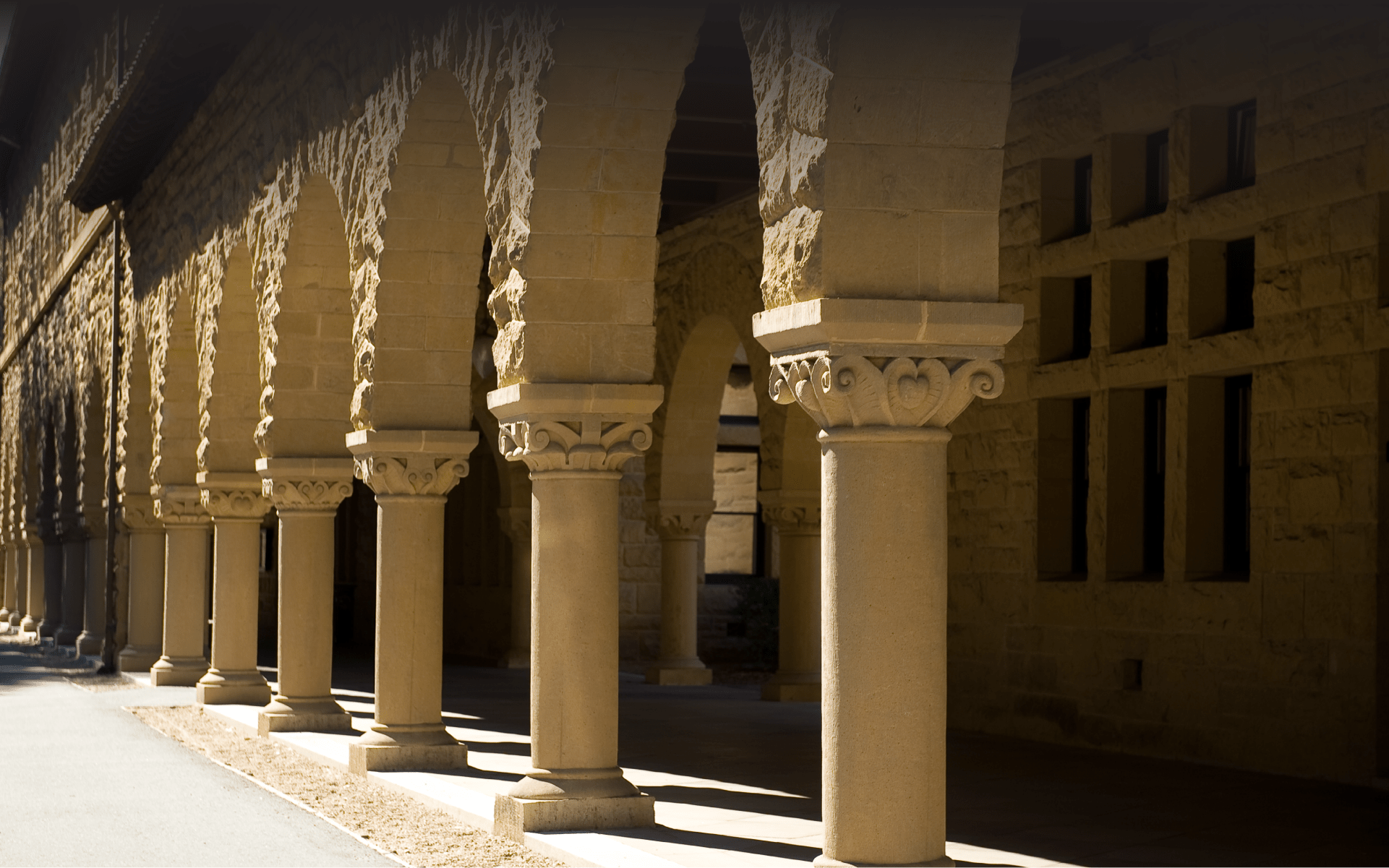HIS 99 — Spies: A History of Espionage and Intelligence, 1900-2000
Summer
Mondays
7:00—8:50 pm
Date(s)
Jun 22—Jul 20
5 weeks
Drop By
Jul 5
1 Units
Fees
$215
Open
For at least a century, the spy has been a staple of popular culture. Countless books and films have featured intelligence officers, secret agents, double agents, and now even cryptographers as heroes and adversaries. Only recently, however, have espionage and intelligence become subjects for historical investigation. Historians now ask how spies and intelligence agencies have operated in crucial phases of modern history. How have they collected sensitive information, employed agents, planted moles, cultivated defectors, and designed elaborate campaigns of deception? And how have they adapted to astonishingly rapid advances in information technology? At the beginning of the 20th century, espionage still proceeded by intercepting letters; less than a half-century later, during World War II, cryptographers in Britain and the United States broke formidable German and Japanese encryption machines by using early versions of computers.
We will also examine certain notorious intelligence blunders: from Stalin’s and Hitler’s egregious failures to anticipate invasions of their empires to American failures in the counterintelligence war against the Soviet Union. On a lighter note, if James Bond were as old as his creator, he would be celebrating his 107th birthday this year. How can we account for his longevity? Our course will follow the trajectory of the spy in popular culture, from the heroic playboys of John Buchan and Ian Fleming to the disillusioned protagonists of the novels of Alan Furst and John le Carré.
We will also examine certain notorious intelligence blunders: from Stalin’s and Hitler’s egregious failures to anticipate invasions of their empires to American failures in the counterintelligence war against the Soviet Union. On a lighter note, if James Bond were as old as his creator, he would be celebrating his 107th birthday this year. How can we account for his longevity? Our course will follow the trajectory of the spy in popular culture, from the heroic playboys of John Buchan and Ian Fleming to the disillusioned protagonists of the novels of Alan Furst and John le Carré.
Bruce Thompson, Lecturer in History, UC Santa Cruz
Bruce Thompson received a PhD in history and humanities from Stanford. His research and teaching interests include European and American intellectual and cultural history, Jewish history and literature, the history of espionage and intelligence, and environmental history. He received the first John Dizikes Teaching Award in Humanities from UC Santa Cruz in 2002.Textbooks for this course:
(Required) John Buchan, The Thirty-Nine Steps (Dover Thrift Editions) (ISBN 0486282015)
(Required) Alan Furst, The Spies of Warsaw: A Novel (ISBN 9780812977370)
(Required) Ben Macintyre, Double Cross: The True Story of the D-Day Spies (ISBN 0307888770)
(Required) Victor Cherkashin and Gregory Feifer, Spy Handler: Memoir of a KGB Officer (ISBN 0465009697)
(Recommended) Ben Macintyre, A Spy Among Friends: Kim Philby and the Great Betrayal (ISBN 0804136637)
(Required) Alan Furst, The Spies of Warsaw: A Novel (ISBN 9780812977370)
(Required) Ben Macintyre, Double Cross: The True Story of the D-Day Spies (ISBN 0307888770)
(Required) Victor Cherkashin and Gregory Feifer, Spy Handler: Memoir of a KGB Officer (ISBN 0465009697)
(Recommended) Ben Macintyre, A Spy Among Friends: Kim Philby and the Great Betrayal (ISBN 0804136637)
